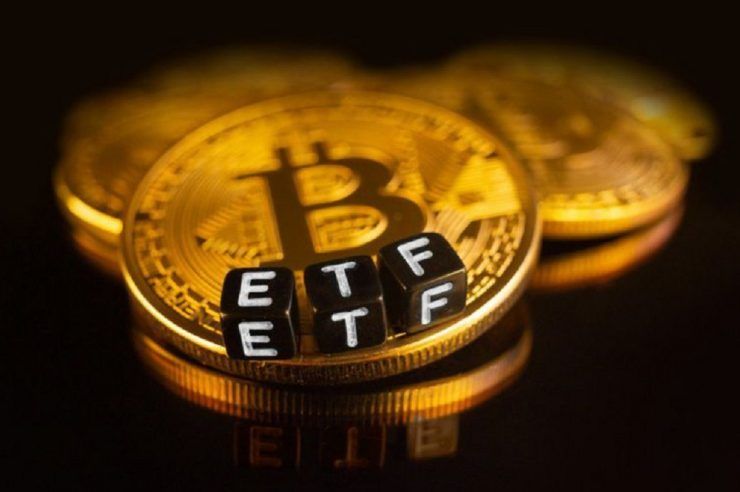US Congressmen seeks SEC approval for spot Bitcoin ETF

On Wednesday, the chairman of the Securities and Exchange Commission (SEC) Chairman Gary Gensler, received a letter from U.S. Congressmen, Tom Emmer (MN-06) and Darren Soto (FL-09), soliciting for the approval of a spot Bitcoin exchange-traded fund (ETF) to begin trading in the country.
Part of the letter read:
We question why, if you are comfortable allowing trading in an ETF based on derivatives contracts, you are not equally or more comfortable allowing trading to commence in ETFs based on spot Bitcoin […] Bitcoin spot ETFs are based directly on the asset, which inherently provides more protection for investors.
The two congressmen are suggesting that spot-based ETFs appeals more to investors as it grants direct exposure to the asset, unlike the futures ETFs that are based on derivatives. They cited the gold spot and futures ETF market, as a case study to prove the claim.
The spot-based gold ETF SPDR Gold Trust (GLD) has traded over $55.5 billion in the last 15 years, dwarfing that of the futures gold ETF DB Gold Fund (DGL), which has traded only $50.4 million within the same period.
It is our understanding that previously the SEC chose not to approve a Bitcoin futures ETF or a Bitcoin spot ETF due to concerns about the perceived potential for fraud and manipulation in the Bitcoin markets,” “In fact, the SEC clearly articulated that these concerns could be addressed by demonstrating...that the underlying Bitcoin market is inherently resistant to fraud and manipulation (or that there are other means to prevent fraudulent and manipulative acts and practices); or...that a significant amount of trading took place on a regulated market (for instance, if the CME-traded Bitcoin futures market were to become the leading source of price discovery in the Bitcoin market). Please note that neither of these requirements state a preference for Bitcoin spot ETFs or Bitcoin futures ETFs.
Emmer and Soto also pointed out that the pricing index that the Bitcoin futures ETFs track gets 90.47% of their price data from Coinbase, Kraken, and Bitstamp. Stressing that any security threats in the market also apply to the Bitcoin futures ETFs and not just spot Bitcoin ETFs. Consequently, “whether one, both, or none of these requirements has been met, the SEC should no longer have concerns with Bitcoin spot ETFs and should show a similar willingness to permit the trading of Bitcoin spot ETFs.”
The SEC has been bombarded with a series of spot Bitcoin ETF proposals. However, they have all been denied so far. Meanwhile, alternative spot BTC investment vehicles have emerged, accumulating over $40 billion in assets, according to the letter.
Due to this, some of these offerings are currently being traded on over-the-counter (OTC) markets at values that vary from their net asset value (NAV), and these products have been trading at a steep discount to their NAV, according to the congressmen. They argued that allowing futures-based Bitcoin products to operate without okaying their spot counterparts would further “perpetuate these discounts and clearly go against the SEC’s core mission of protecting investors.”
Check our guide of the most promising crypto




